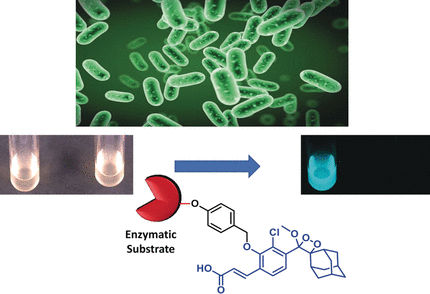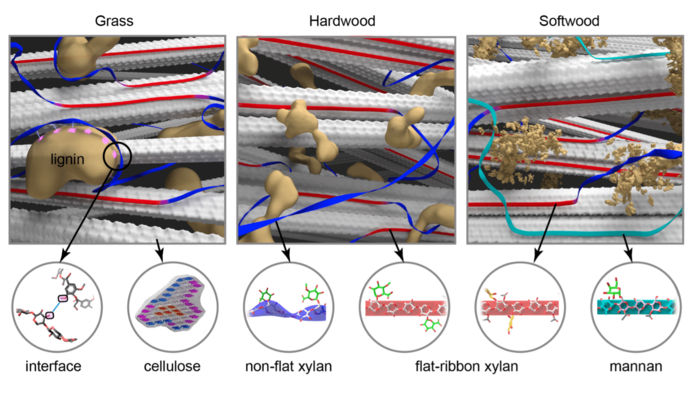Genetically altered trees, plants could help counter global warming
Study evaluates prospects for boosting carbon sequestration from the atmosphere by modifying natural biological processes and deploying novel food and fuel crops
Forests of genetically altered trees and other plants could sequester several billion tons of carbon from the atmosphere each year and so help ameliorate global warming, according to estimates published in BioScience .
The study, by researchers at Lawrence Berkeley National Laboratory and Oak Ridge National Laboratory, outlines a variety of strategies for augmenting the processes that plants use to sequester carbon dioxide from the air and convert it into long-lived forms of carbon, first in vegetation and ultimately in soil.
Besides increasing the efficiency of plants' absorption of light, researchers might be able to genetically alter plants so they send more carbon into their roots--where some may be converted into soil carbon and remain out of circulation for centuries. Other possibilities include altering plants so that they can better withstand the stresses of growing on marginal land, and so that they yield improved bioenergy and food crops. Such innovations might, in combination, boost substantially the amount of carbon that vegetation naturally extracts from air, according to the authors' estimates.
The researchers stress that the use of genetically engineered plants for carbon sequestration is only one of many policy initiatives and technical tools that might boost the carbon sequestration already occurring in natural vegetation and crops.
The article, by Christer Jansson, Stan D. Wullschleger, Udaya C. Kalluri, and Gerald A. Tuskan, is the first in a Special Section in the October BioScience that includes several perspectives on the prospects for enhancing biological carbon sequestration. Other articles in the section analyze the substantial ecological and economic constraints that limit such efforts. One article discusses the prospects for sequestering carbon by culturing algae to produce biofuel feedstocks; one proposes a modification of the current regulatory climate for producing genetically engineered trees in the United States; and one discusses societal perceptions of the issues surrounding the use of genetically altered organisms to ameliorate warming attributed to the buildup of greenhouse gases.
Topics
Organizations
Other news from the department science

Get the life science industry in your inbox
By submitting this form you agree that LUMITOS AG will send you the newsletter(s) selected above by email. Your data will not be passed on to third parties. Your data will be stored and processed in accordance with our data protection regulations. LUMITOS may contact you by email for the purpose of advertising or market and opinion surveys. You can revoke your consent at any time without giving reasons to LUMITOS AG, Ernst-Augustin-Str. 2, 12489 Berlin, Germany or by e-mail at revoke@lumitos.com with effect for the future. In addition, each email contains a link to unsubscribe from the corresponding newsletter.
More news from our other portals
Last viewed contents

Glow Reveals Dangerous Bacteria - Chemiluminescence probes for the rapid and sensitive detection of salmonella and listeria
Study finds breast and ovarian cancer may have similar origins

Chemists unlock the key to improving biofuel and biomaterial production - Spectroscopy method enables future opportunities for looking at complex biomolecules in different plants
Biocitech life science park welcomes Chem-X-Infinity and Spectralys Innovation - Two new arrivals add to Biocitech's success in attracting cutting-edge companies to the Paris life science park

Mechanism that reduces effect of cocaine on brain discovered
Novel Chemotherapy Agent Bendamustine Significantly More Effective First-Line Therapy Than Chlorambucil in CLL - Blood Marrow Normalised in 31% (Versus 2%) of Patients, With Manageable Side-Effects
Livatag follow up demonstrates significant survival increase in advanced hepatocellular carcinoma patients






















































